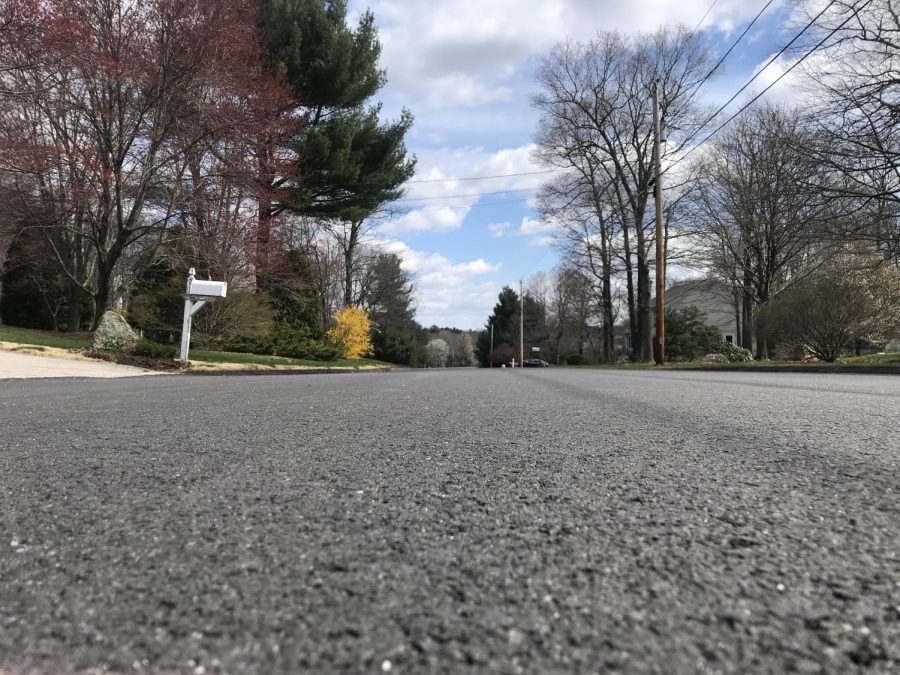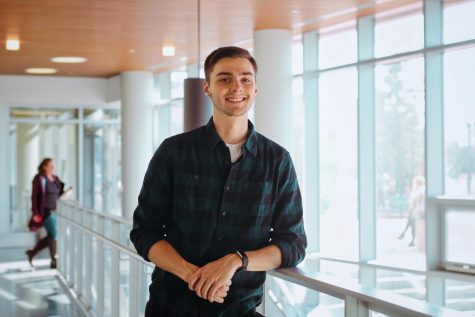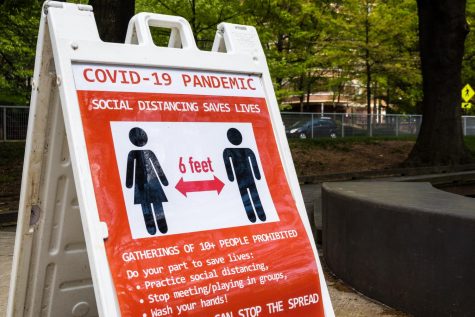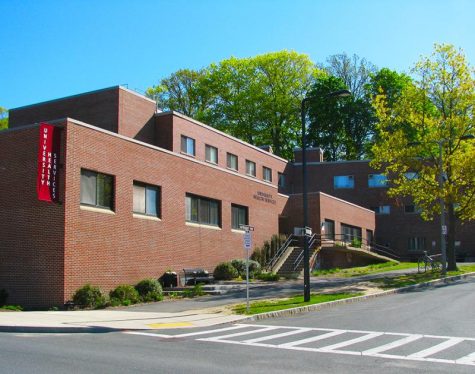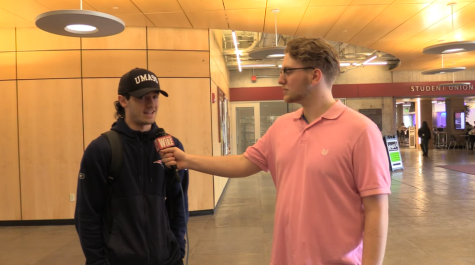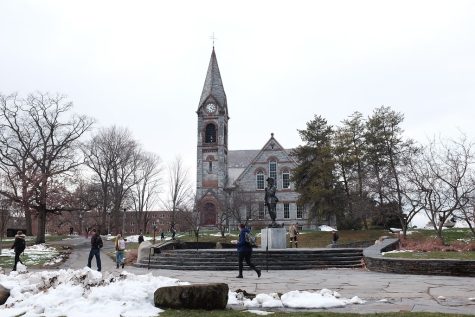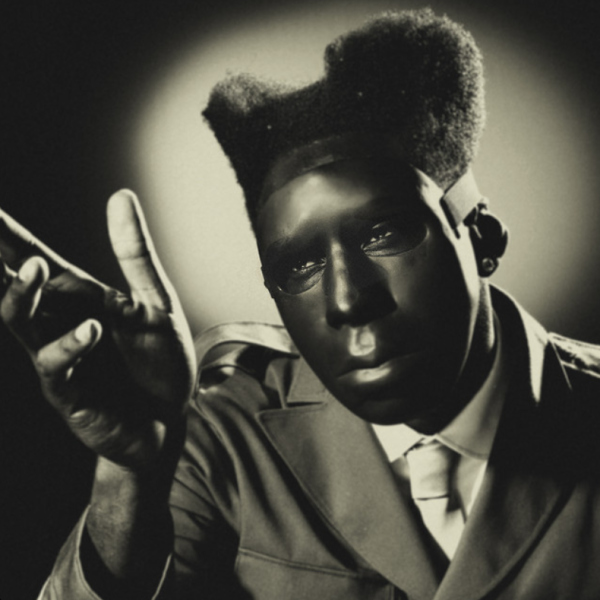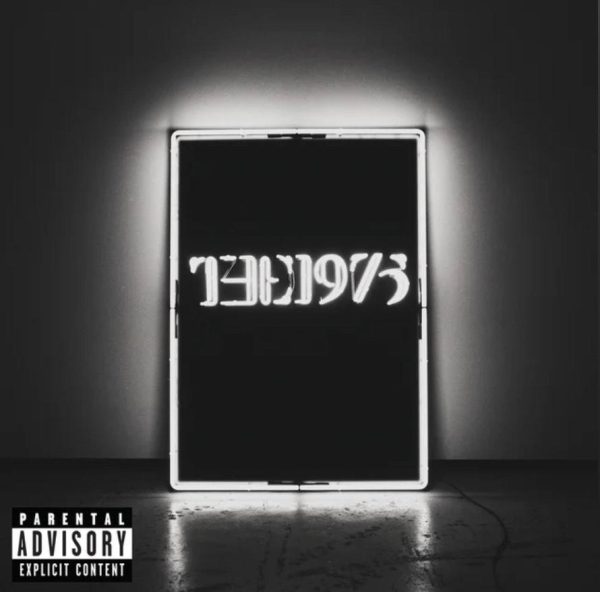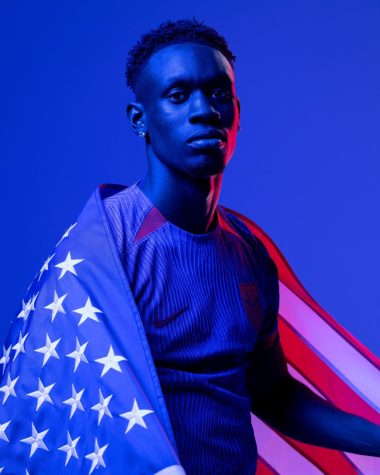Quarantine reflection: Breaking out of the suburban bubble
Managing Editor Trevor Wilson reflects on his experience during the COVID-19 quarantine.
Hopedale, MA – My hometown was never the busiest town in the first place. Hopedale has a population of just under 6,000 with one pizza joint, one stoplight and, our pride-and-joy, a massive Cumberland Farms. We sit lodged in between Milford and Bellingham, just 15 minutes off of 495.
There was never much hustle-and-bustle while I was growing up. The neighborhoods were quiet, pleasant and populated with great people. The slower pace of life, an escape from the stress of school, work and life, is why I love coming home so much. Yet, even in the midst of all this quiet and serenity, I miss the noise; I miss the action.
Don’t get me wrong, being in quarantine with my family has been, luckily, fairly easy. We all see eye-to-eye on most things, discussing the day’s events every night over dinner, drinks and good music. We have the luxury of staying inside a nice home, with plenty of space around us to go outside and enjoy the sun whenever it decides to break April’s rain.
Initially, I found some comfort in the fact that I could use this time to do things I never got around to while at school. I got back into making music, producing beats, creative writing and reading books in a way I haven’t in a long time. Yet, all those activities seem to fade into the background. Now, I spend most of my days working as a content writer, editing, participating in “Zoom University,” and killing time on Twitter looking for comic relief in the “end-of-the-world” memes.
It’s easy to get caught up in that kind of life. It’s easy, secure and carefree. I never had to struggle for anything; I never worried about my next meal; I never thought anyone else’s life could be any different from mine. Growing up, that’s how it felt. We saw life as easy, lending itself to allow me to be who I wanted to be and to pursue what I wanted to pursue. Very rarely did I see glimpses of how life is outside of the suburbs. I lived in a bubble.
Now, I read the news practically every day following politics, world news, technology, medicine and social justice. I am a devout progressive, advocating for progress, change and justice in any way I can. Yet, my greatest fear, once the virus has passed, is that our world will be changed forever, in ways some of us living in the “bubble” may not comprehend. It will be changed in a way that inequality is greater than ever; It will be changed in how we interact with people, loved ones and friends; It will change the very infrastructure of this country and the world; It will change all of us.
If you grew up as I did, it’s easy to slink back into that illusion. That kind of life is always comforting, and you have the freedom to do what you want to do and be who you want to be. But the reality is, most people do not live that life. Most people depend on the stimulus check to pay for rent, food and lights while others look to see what grandiose Amazon purchase they can make.
Now more than ever, we need to consider not only our lives, but the lives of our neighbors and fellow humans. Consider how 22 million Americans are unemployed and without insurance, a figure expected to keep rising; Consider how the virus is disproportionately affecting minority communities; Consider how the government supports trillion-dollar bailouts for corporations while the rest of the country (well, not all of us) must sustain life for “10 weeks” with stimulus checks; Consider the world outside of your bubble.
Do what you need to do to take care of yourself first. After all, I had a major nostalgia trip this past week as I spent a night blasting Linkin Park and playing the original “Star Wars Battlefront” games. But, once the dust settles, we need to be there to pick up the pieces. We need to step up as a new generation of leaders, thinkers and educators to ensure something like this never happens again. Potentially hundreds of millions of people will feel the direct effects of the COVID aftermath, whether that be financially, mentally or socially. We can not afford to forget what happened, even if we are in positions where we are safe, sound and secure. Challenge yourself to think critically about the outcomes of this virus, and what you can do to use your platform to make life better for all.
As officials weigh the challenge of saving lives or saving the economy, seemingly to choose the latter as the Trump administration plans to unveil a “reopening” plan, we can not afford to ignore the systemic and infrastructural shortcomings that affected millions and millions of people. There are real issues that don’t just need to be addressed, but acted upon. We can talk all day about what is wrong with the world, but what are we actually doing to fix it?
So what did I learn during this quarantine? We are the generation inheriting this world, and it’s time that we start making it a better place for all of us. To get involved, check out this list of great virtual volunteer opportunities.
Email Trevor at [email protected] or follow him on Twitter @TrevorWilsonOG

